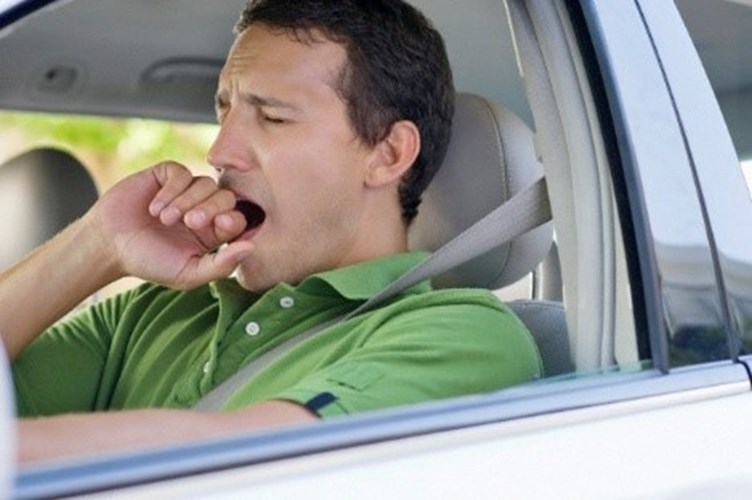
Nicky Blackburn shared in his recent ISRAIL21C article that, “the neural lapse, or slowdown, affects the brain’s visual perception and memory associations, leading to delayed behavioural responses to events taking place around us.”
“When a cat jumps into the path of our car at night, the very process of seeing the cat slows us down. We’re therefore slow to hit the brakes, even when we’re wide awake,” says lead researcher on the study, Dr Yuval Nir, of Tel Aviv University’s Sackler Faculty of Medicine and Sagol School of Neuroscience.
“When we’re sleep-deprived, a local intrusion of sleep-like waves disrupts normal brain activity while we’re performing tasks,” he says.
Research undertaken with sleep-deprived patients asked to identify, as quickly as possible, famous people from photo’s, revealed that “During such behavioural lapses, the neurons gave way to neuronal lapses — slow, weak and sluggish responses,” says Fried. “These lapses were occurring when the patients were staring at the images before them, and while neurons in other regions of the brain were functioning as usual.”
Nir says. “As the pressure for sleep mounted in test subjects, specific regions ‘caught some sleep’ locally. Most of the brain was up and running, but temporal lobe neurons happened to be in slumber, and lapses subsequently followed.
“Since drowsy driving can be as dangerous as drunk driving, we hope to one day translate these results into a practical way of measuring drowsiness in tired individuals before they pose a threat to anyone or anything,” Nir concludes.
- ISRAEL21c NEWSLETTER